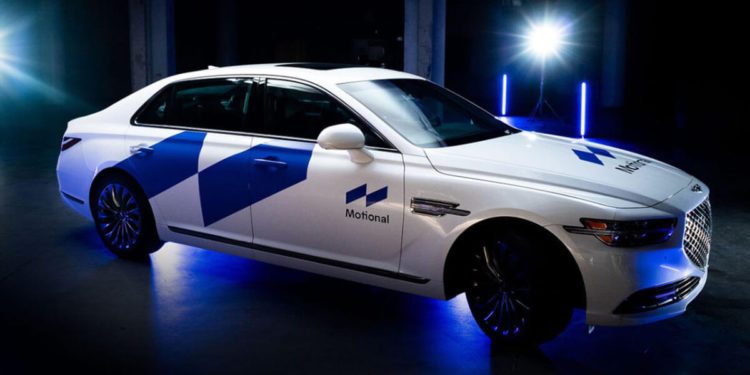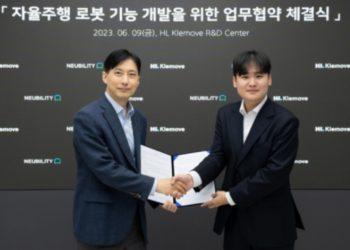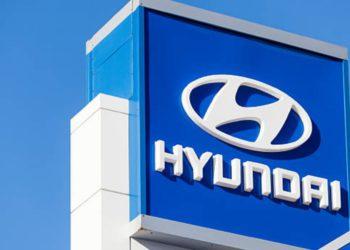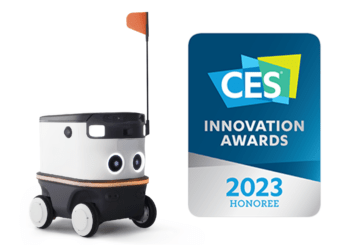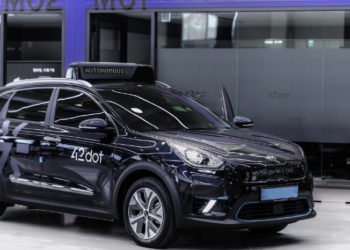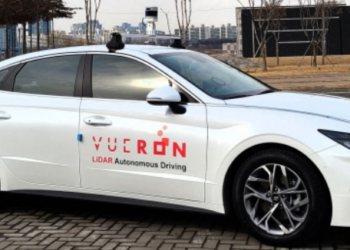Motional, a joint venture between South Korea carmaker Hyundai Motor and auto supplier Aptiv, announced on Thursday that it signed a partnership with U.S.-based ride-sharing company Lyft Inc. to deploy fully autonomous robotaxi services in major U.S. cities by 2023.
The agreement came after increasing demand for autonomous and driverless transportation options amid the pandemic. Through Lyft’s ride-sharing network, the self-driving vehicles based on Hyundai Motor’s platform would be deployed in the United States.
For the time since Motional and Lyft’s non-exclusive partnership, which started during the 2018 CES tech trade show, Motional specified a target date for its robotaxi service. However, the two companies did not mention specific cities they would serve first or specify the total number of self-driving vehicles they would deploy.
The announcement follows Nevada’s approval last month, allowing Motional to conduct trial runs of its driverless vehicles on public roads.
The Growing Need for Driverless Transportation
Cruise and Argo, two other robotaxi developers, continue to do trial runs of autonomous vehicles in some U.S. cities. However, they have yet to launch their commercial services.
In March, Hyundai signed a 50:50 partnership with Aptiv, an Ireland-based self-driving technology startup, to test ride-hailing autonomous services.
In October, Motional partnered with Via, a U.S. on-demand shuttle startup, to introduce a shared robotaxi service in the U.S. in 2021. According to the partnership, Motional would provide self-driving cars to serve as on-demand shared robotaxi based on Via’s technology.
Via’s technology covers fleet management, passenger and vehicle assignment and identification, and booking.
The Society of Automotive Engineers International categorizes driving automation into five levels. A level 4 autonomous vehicle will not operate itself if all required conditions are not met—meanwhile, level 5 driving automation features technology that could operate under any circumstance.
Motional said it aims to develop an autonomous self-driving platform with level 4 to 5 driving automation technology by 2022. The company described the announcement as a “quantum leap” for the partnership.

